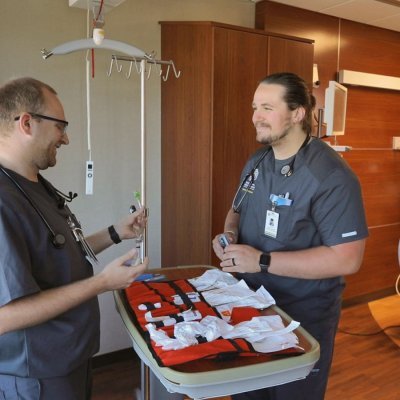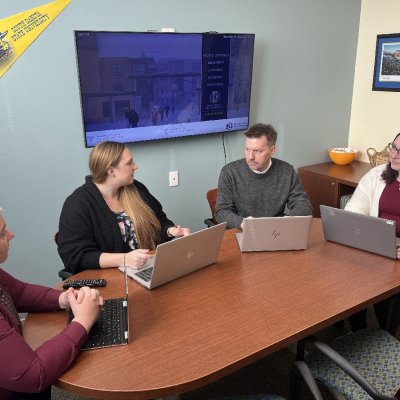Welcome to the Allied and Population Health Department! We are excited that you are interested in learning more about our department and the programs we offer.
Our academic programs are well ranked in their respective fields. We consistently record 100% job placement and 100% board pass rates for graduates in many of our academic programs. We offer a very dynamic working environment for faculty who share office space at health systems working alongside practitioners. To help alleviate the financial burden for students, scholarships, sponsorships and paid internship opportunities are offered to students in our department. All you have to do is ask!
Our online programs in all three divisions, offer flexible opportunities for working professionals to earn degrees at their own pace. We also offer two certificate programs, a phlebotomy certificate, and a public health certificate. Several of our programs are designed to offer students or working professionals the opportunity to cross-train or layer their education through multiple degrees.
In addition to teaching, the department houses the multi-million-dollar Community Practice Innovations Center (CPIC) which focuses on community-based research with an emphasis on access to care, population health, and improving health outcomes. Many CPIC projects are funded by federal or state agencies. CPIC provides students an excellent opportunity to learn cutting-edge research and be a part of innovations in health care. Practice-based research is encouraged, and students work collaboratively with faculty and students from various disciplines on research projects.
Explore our programs -
Useful Links
For more information, contact:

James Amell
Julie Stevens & Dale Evenson Endowed Associate Professor/Interim Dept. Head
Department of Allied and Population Health












